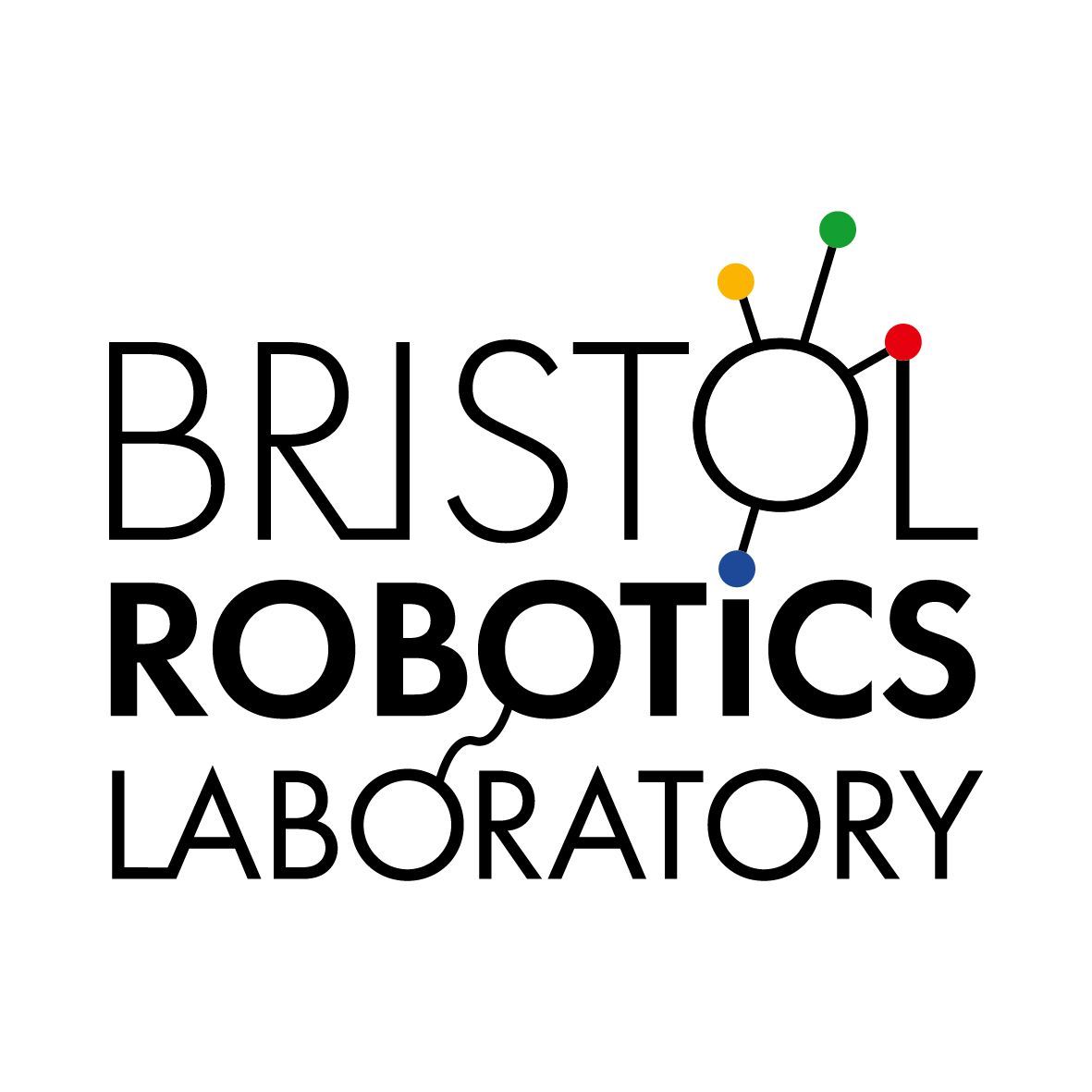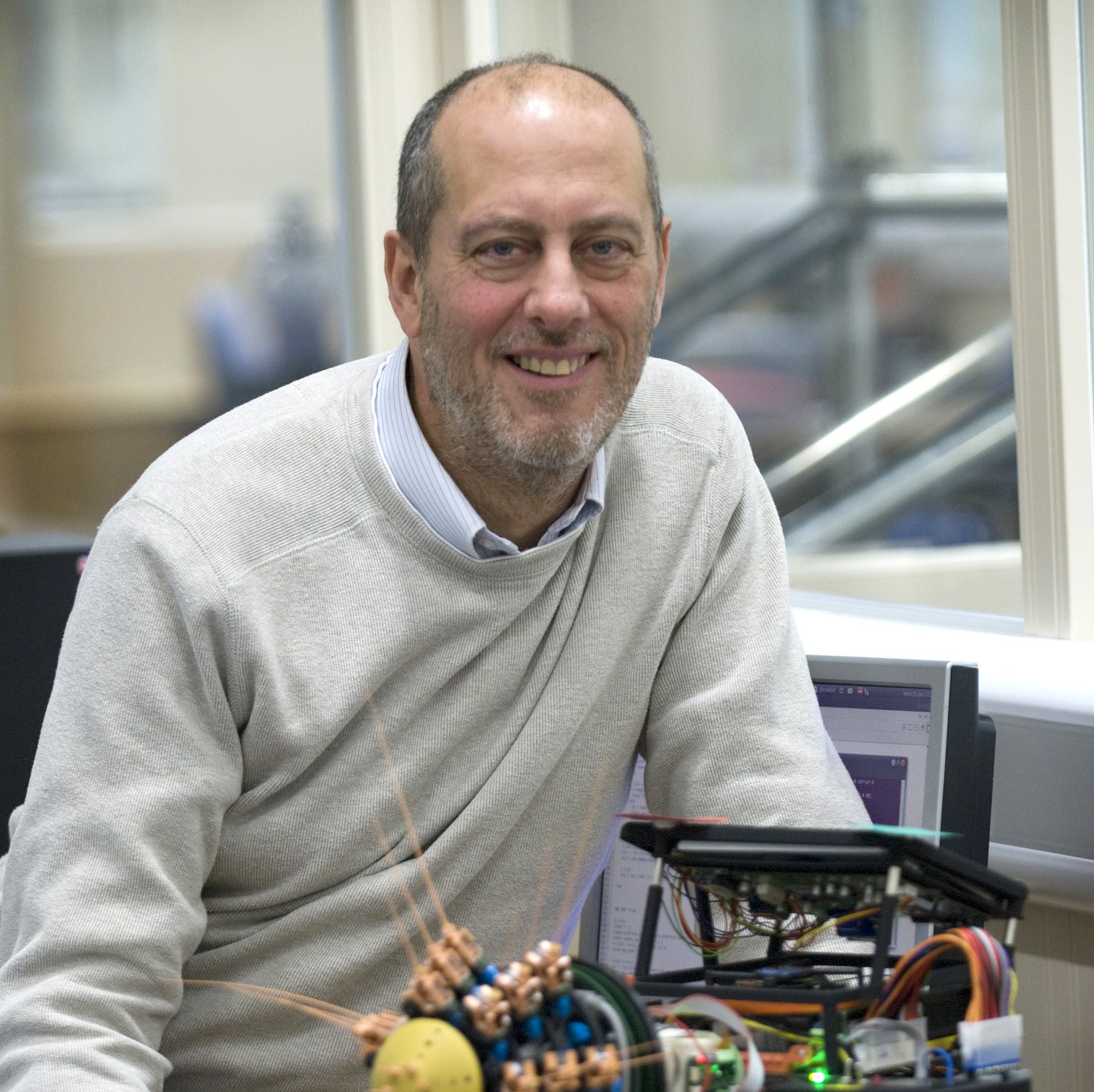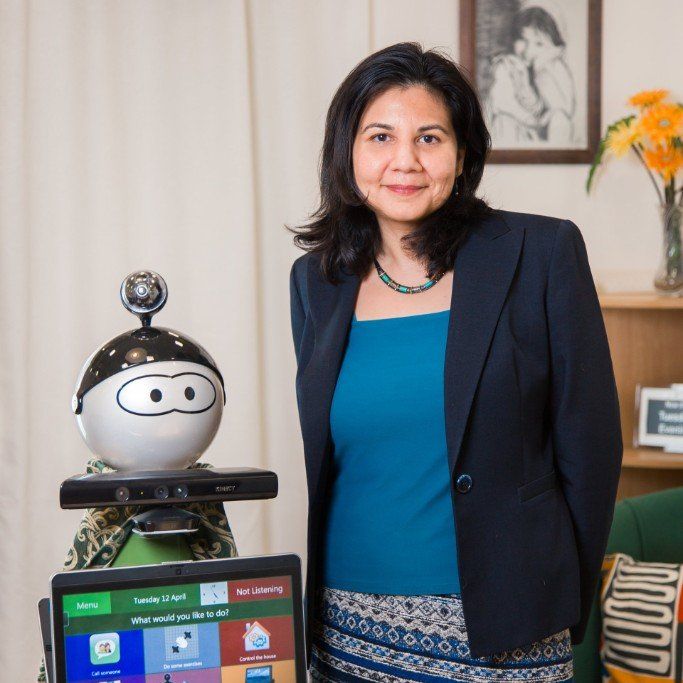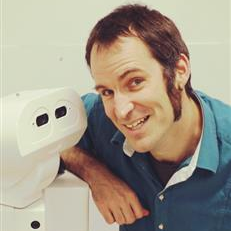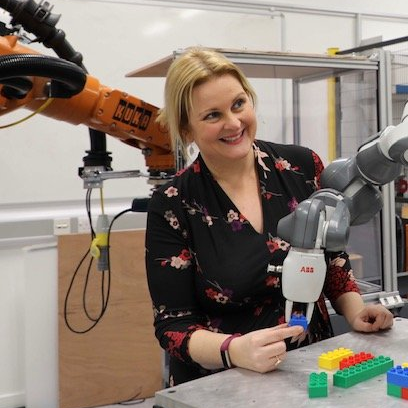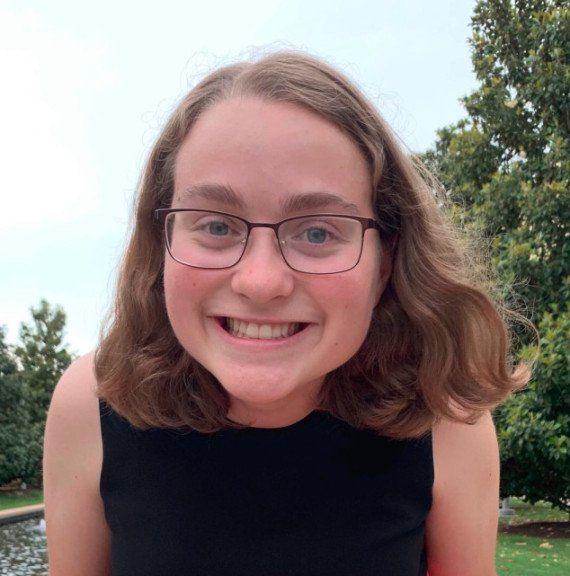Connected Autonomous Vehicles
The BRL CAV focus is on leading the provision of the technology required to investigate a range of crucial issues surrounding the introduction of these vehicles that will be coming to our roads and pedestrian-areas.
Connected autonomous vehicles will be amongst the first highly safety-critical Robotics and Autonomous System entities that become available to the general public.
Current Projects
BRL researchers are involved with four multi-partner Innovate UK-funded projects currently. Total value of these projects during their lifetime is approximately £27M, and covers the period from 2015 to 2021 currently.
FLOURISH
FLOURISH is a multi-sector collaboration, helping to advance the successful
implementation of Connected and Autonomous Vehicles (CAVs) in the UK
This project is also led by Atkins Global. In this project, the partners will investigate issues in providing adequate services for older adults, potentially the first large-scale market for these vehicles, and cyber-security of the necessary wireless connectivity between vehicles and the data infrastructure.
BRL-UWE is primarily driving the research content associated with provision for older adults, using a great deal of knowledge and skills derived from work in one of its sister themes Assisted Living. BRL-UWE researchers are working with others from University of Bristol, Cardiff University
and University of the West of England
to investigate wireless networking and social/transport issues respectively.
Industry partners in this project are Designability, OPM and Age UK (all three have expert knowledge of older adults), AIRBUS (cyber-security), Dynniq (wireless network and its security), ReactAI (vehicle sensing and control), Transport Systems Catapult (Human Machine Interfaces for CAVs) and Aimsun (vehicle simulation), as well as insurance and legal experts from AXA and Burges-Salmon.
The project is fully supported by partners South Gloucestershire Council and Bristol City Council.
For more information, visit the Flourish website.
CAPRI
This is a newly started CAV project led by AECOM, and will pave the way for the use of autonomous and connected vehicles in airports, hospitals, business parks and shopping centres
The project will include the development of the next generation of PODs, as well as the systems and technologies that will allow the vehicles to navigate safely and seamlessly in both pedestrian and road environments. BRL’s crucial role (staff from UoB and UWE) is in devising and then executing the Verification and Validation software suite to be used in ensuring the safety and correctness of the Decision-Making System and some other on-vehicle software structures for the PODs to be used in this project; this work will require extensive use of advanced vehicle simulation.
The project includes four trials, with the first on private land near Bristol. The aim of this trial will be to test and validate the performance of the new generation PODs. The second trial will test a public service in a shopping centre car park to assess performance in busy pedestrian areas. The final two trials will be at the Queen Elizabeth Olympic Park, first testing a public on-demand mobility service in pedestrian areas, and then testing the PODs on a network of roads around the park. An important aspect of the scheme will be safety and security. For the first time, the project will apply accidentology analysis to PODs to identify potential causes of accidents that will require testing and evaluation in the real-world.
The consortium will also undertake a system-wide cyber-physical security analysis to identify how to protect the POD systems from being compromised. The 20 CAPRI partners are: AECOM, AXA, Burges Salmon, Conigital, dynniq, ESP Group, Fusion Processing, Heathrow, Loughborough University, NEXOR, Queen Elizabeth Olympic Park, South Gloucestershire Council, Transport Simulation Systems, University of Warwick, University of Bristol, Thingful, TVS, University of the West of England, Westfield and YTL.
For more information, please visit the Connected autonomous vehicles pilot scheme website.
ROBOPILOT
This is a newly started project led by electric-powered van and lorry manufacturer Arrival (formerly Charge)
ROBOPILOT will combine input from sensors around the vehicle – such as radars, cameras, ultrasonics and lidars (light sensors to measure the distance to a target object) – with mapping, artificial intelligence and fleet information, which is then acted on by autonomous software.
Consortium partners are: Arrival Automotive, UPS UK, Thales UK, Loughborough University, University of Bristol (BRL), University of West of England (BRL), South Gloucestershire Council, Test and Verification Solutions, AXA UK. BRL’s crucial role (staff from UoB and UWE) is in devising and then executing the Verification and Validation software suite to be used in ensuring the safety and correctness of the Decision-Making System and some other on-vehicle software structures for the electric delivery vans to be used in this project; this work will require extensive use of advanced vehicle simulation.
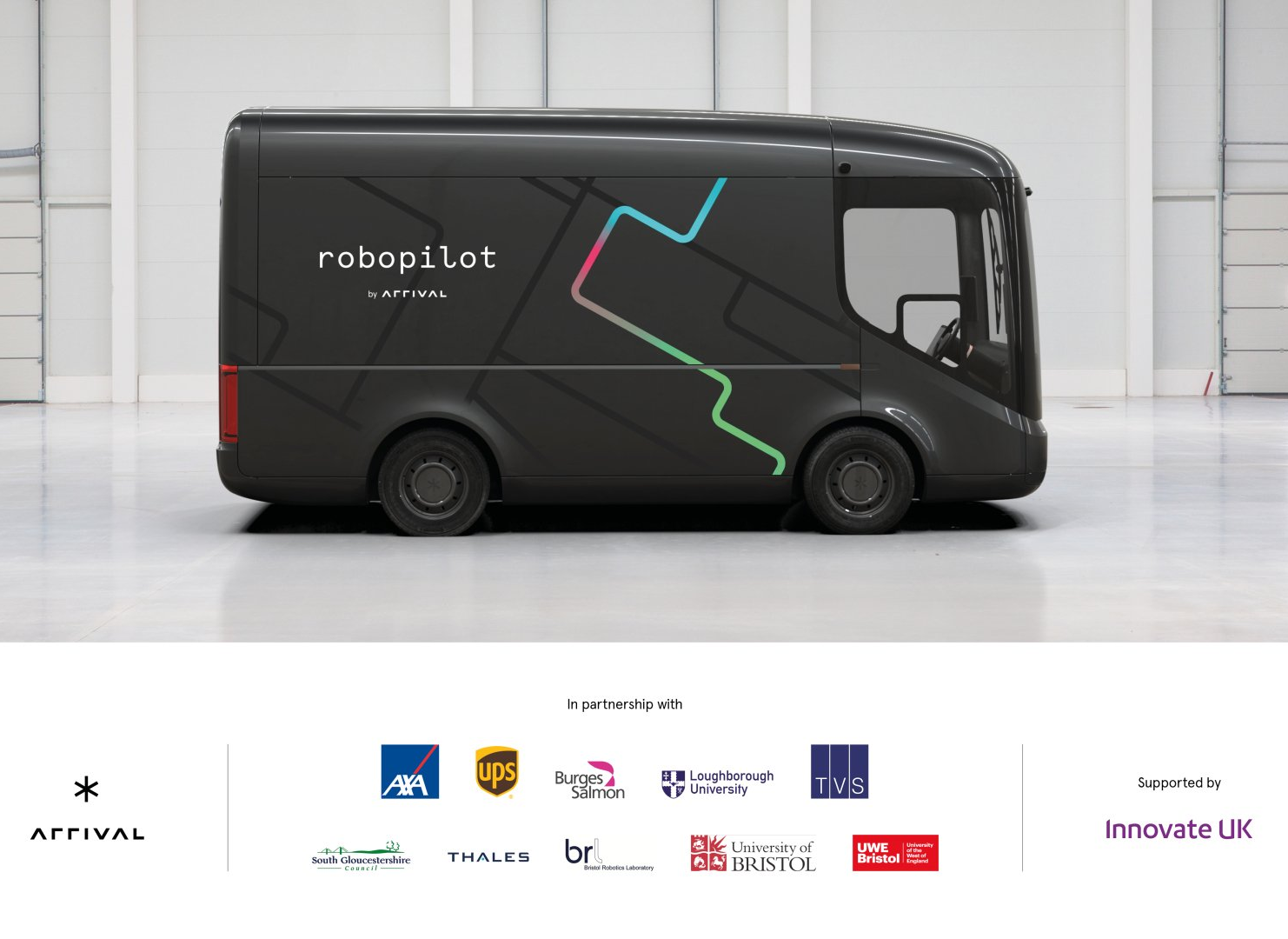
For more information, please visit the Freight in the City website.
Past Projects
VENTURER
The VENTURER Alliance is a collaborative partnership created to continue the pioneering work of the
£5-million government co-funded VENTURER research and development project
This project is led by Atkins Global. Its main objectives are to investigate a range of socio-economic impacts of this technology as it is introduced, these cover human acceptance, as well as insurance and legal issues.
BRL-UWE is the technology integration lead for this project; without the technology, which does not exist yet in any mature form, we cannot investigate the matters listed above. All experimental vehicles and the comprehensive vehicle simulator are housed at BRL, and the main vehicle testing areas are in or around the University campus roadways. BRL-UoB have created and tested the Decision-Making System (DMS) for the main vehicle under test.
BRL researchers are working with others from UoB and UWE, as well as technology industrial partners BAE Systems (vehicle provider, low level control system and sensor sub-system support), Fusion Processing (vehicle sensor systems), Williams Advanced Engineering (vehicle simulator provider) and First Bus (public service vehicle provider), as well as insurance and legal experts from AXA and Burges-Salmon. The project is fully supported by partners South Gloucestershire Council and Bristol City Council. As well as investigating autonomous cars, we are also using Westfield Ltd. POD vehicles.
For more information, see visit the Venturer Cars website.
